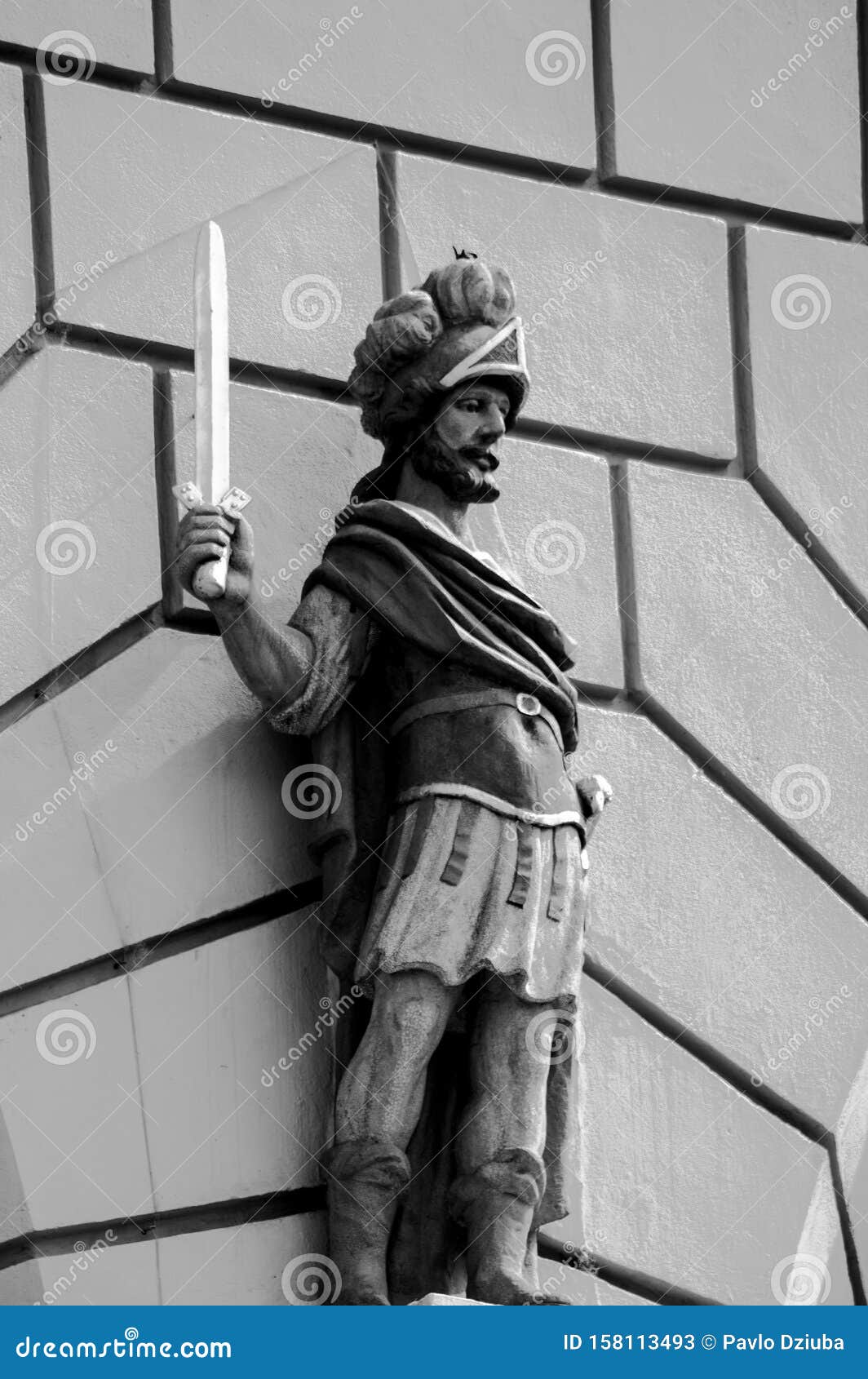
Each of these sites was outside the pomerium, and this has been explained to mean that the war-god "must be kept at a distance" (Carter, Religion of Numa, p. The other was outside the Porta Capena, the gate through which the army marched on its way to campaigns to the south: here too each year the Equites met in order to start in procession through the city ( Dion.

One of these was originally only an altar it was in the Campus Martius, the exercising-ground of the army. Until the time of Augustus Mars had but two temples at Rome, and both are connected with warlike operations. So entirely did this characteristic get the better of all others, that his name came to be used as a synonym for bellum and in the latest and most careful of all accounts of the Roman religion he is pronounced to have been from first to last a god of war only (see Wissowa, Religion and Kultus der Romer, p. But in historical times his chief function at Rome was to protect the state in war, and it is as a god of war that he is known to all readers of Roman literature. He has been explained as a sun-god, a god of wind and storm, a god of the year and a god of vegetation and he has been compared with Apollo by Roscher ( Apollo, and Mars, 1873, and in the article "Mars" in his Lexicon of Mythology).

We know little of the character of his cult except at Rome, and even at Rome it has been variously interpreted.

Traces of his worship are found in all parts of central and southern Italy, in Umbria, Picenum, Samnium, and in one or two Etruscan cities, as well as in Latium and in several communities, as we learn from Ovid ( Fasti, 3.93 seq.), he gave his name to a month, as at Rome to the first month of the old Roman year. MARS (MANORS, Marmar, Marspiter Or Maspiter), after Jupiter the most important deity of the Roman state, and one who, unlike most Roman deities, was never so much affected by foreign influences as to lose his essentially Roman and Italian character.


 0 kommentar(er)
0 kommentar(er)
